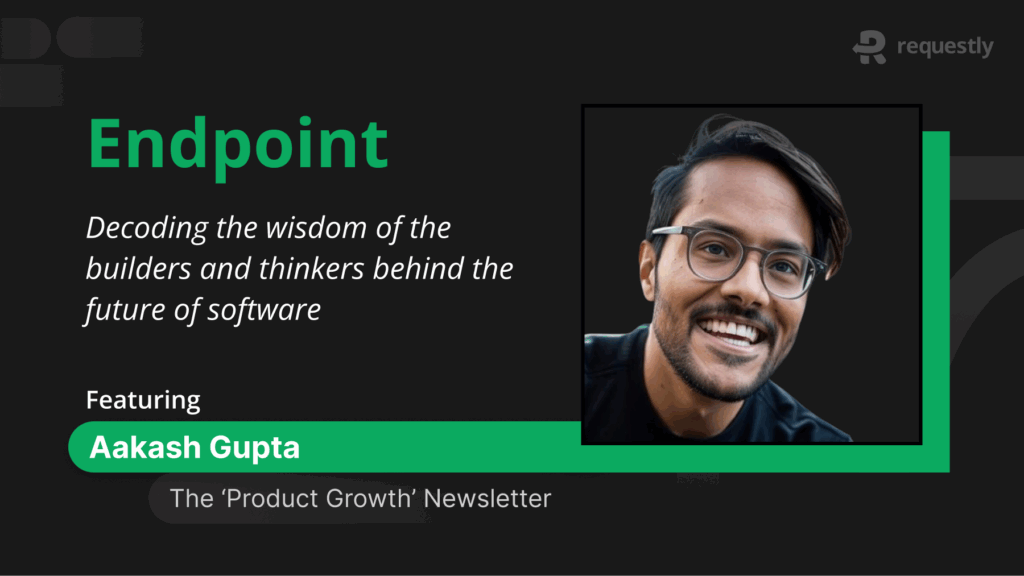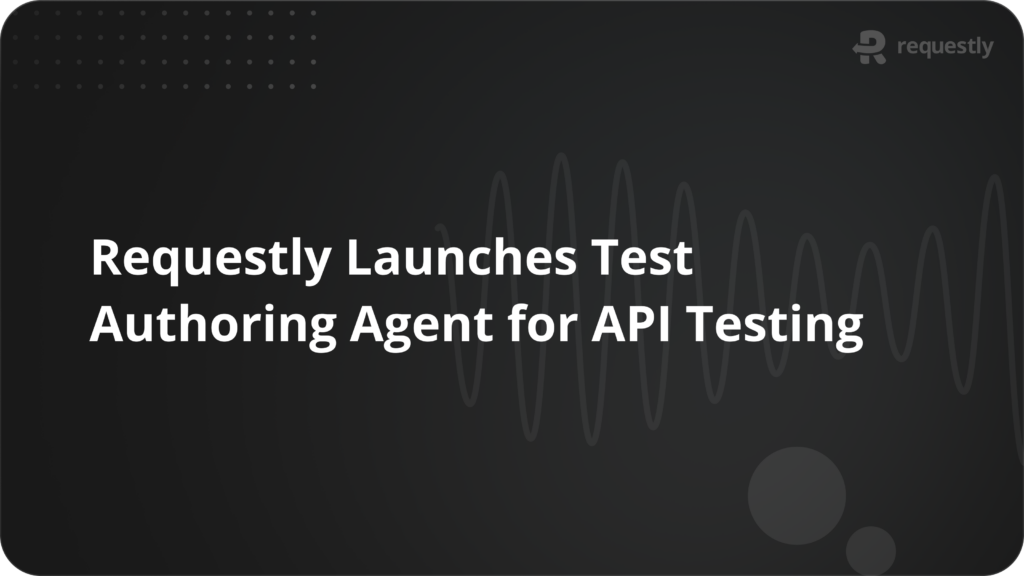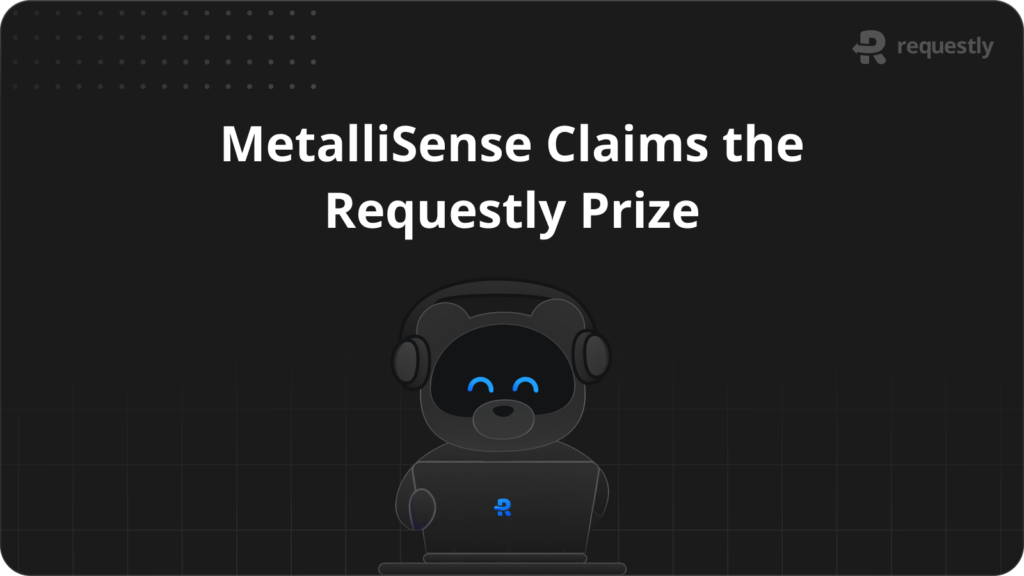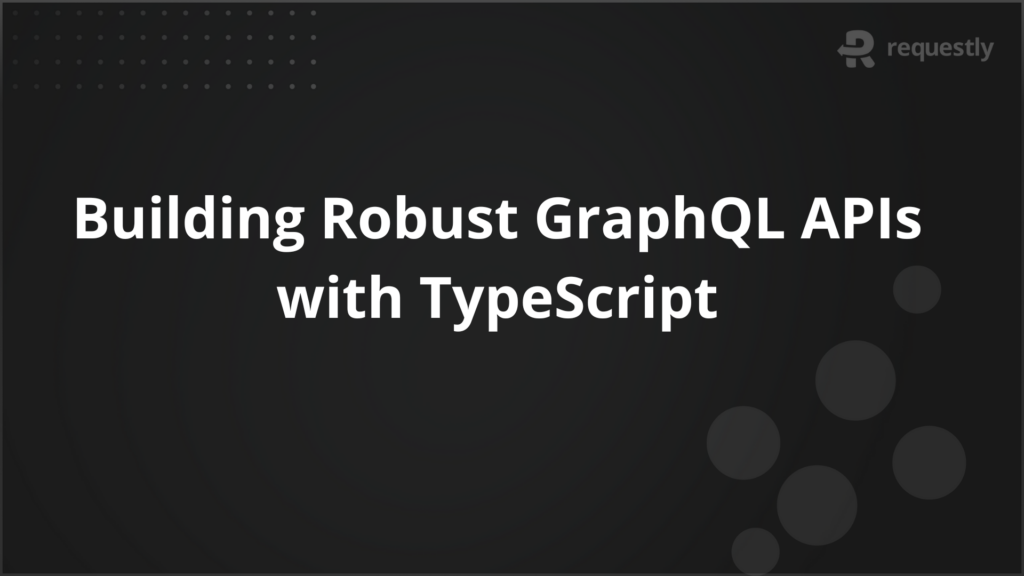Endpoint ft. Aakash Gupta: On impact, products, and the future of tech

With a career defined by high-impact roles Aakash Gupta has been at the forefront of product innovation. Today, he shares his hard-won lessons with thousands through his influential “Product Growth” newsletter and podcast.
We spoke with Aakash to get his perspective on the seismic shifts happening in technology.
A Q&A with Aakash Gupta
Q1. What role do you see AI playing in the product space, for example in identifying market opportunities or enhancing the user experience?
AI is fundamentally rewiring how product teams operate. We’re moving from “building features” to “building systems that learn and adapt.”
The biggest shift I’m seeing is in discovery and experimentation. AI can now process customer feedback at scale, identify patterns in user behavior that humans miss, and surface opportunities we’d never spot manually. At companies I work with, AI-powered customer interview analysis is revealing insights that would take months of manual synthesis.
But here’s what most PMs get wrong: they think AI is just a better analytics tool. The real opportunity is in creating products that improve themselves. Netflix doesn’t just use AI for recommendations. The entire product learns from every interaction. That’s the future of product development.
For market opportunities, AI excels at connecting dots across massive datasets. It can spot emerging user needs by analyzing support tickets, social sentiment, and usage patterns simultaneously. The teams winning with AI aren’t just using it to answer questions; they’re using it to ask better questions.
Q2. Looking ahead, in a world with more AI-powered tools, what skills should they be focusing on to stay relevant?
The PM skillset is evolving faster than most people realize. Three skills will separate tomorrow’s great PMs from everyone else:
First, prompt engineering. This isn’t optional anymore. When I shipped AI features at Apollo, I was regularly working with engineering to iterate on system prompts. Great AI products live or die by their prompt quality: look at Cluely hitting $6M ARR in 2 months largely because of their systematic approach to prompt optimization.
Second, vibe experimentation. The ability to rapidly prototype and test ideas using AI tools is becoming table stakes. While competitors spend 8 weeks building one experiment, the best teams are running 20+ per quarter. One startup I work with went from 24 to 196 experiments in a quarter just by implementing a systematic vibe experimentation program.
Third, behavioral hypothesis formation. AI makes it trivially easy to build features, but impossibly hard to know what to build. The skill that matters is translating user psychology into testable hypotheses. “Make onboarding better” isn’t a hypothesis. “B2B users will complete setup 40% faster if they see ROI calculations before payment because they need to justify purchases to their manager” is.
The teams that master these three skills will build products that their competitors can’t even conceptualize.
Q3. What are your top 2-3 tips for product managers who are designing and maintaining API workflows?
First, design your APIs like you design user interfaces. Most PMs treat APIs as engineering concerns, but they’re actually product surfaces with their own users—developers. Apply the same user-centered thinking: what job is the developer trying to accomplish? What’s their mental model? Where do they get frustrated?
Second, obsess over error states and edge cases. Beautiful APIs don’t just work when everything goes right—they fail gracefully and give developers clear paths to recovery. Your API documentation should spend as much time on error handling as happy path flows.
Third, version like you ship features. API changes break things, but stagnant APIs die slow deaths. Treat API evolution as a product strategy decision, not a technical afterthought. Give developers migration paths, deprecation timelines, and clear communication about what’s changing and why.
The best API products feel like natural extensions of how developers already think about their problems. If your API requires developers to completely restructure their mental models, you’ve built an engineering marvel that nobody will use.
Q4. What’s one piece of career advice you wish you had received when you were just starting out that you now find yourself giving to others?
Stop optimizing for learning and start optimizing for impact.
Early in my career, I chased roles that would “teach me the most” or “round out my skillset.” That’s backwards thinking. The roles where you create measurable business impact are the ones that accelerate your career fastest, even if they don’t check every skill-building box.
I see too many PMs switching companies every 18 months to “get exposure to different industries” or “learn new frameworks.” Meanwhile, the PMs who stay 3-4 years and ship something meaningful get promoted faster and build stronger networks.
Your career compounds when you solve real problems for real users. The learning happens naturally when you’re accountable for outcomes. Choose roles where you can own a metric that matters to the business, even if the company or technology stack isn’t your dream scenario.
Companies promote PMs who move needles, not PMs with well-rounded LinkedIn profiles.
Q4. Who’s a tech or product leader you follow and admire, and what makes their work so impactful to you?
Andrej Karpathy has fundamentally shaped how I think about AI product development. While everyone else was obsessing over prompt engineering techniques, Karpathy was advocating for “context engineering,” optimizing entire information architectures rather than just instruction text.
What makes his thinking so valuable is the depth of technical understanding combined with product intuition. He doesn’t just explain how transformers work; he explains how to build systems that leverage their capabilities effectively. His insights on context windows as canvases rather than just input containers changed how I approach AI feature design.
Most AI thought leaders are either pure researchers or pure product people. Karpathy bridges both worlds in ways that translate directly to building better products. His perspective on automated prompt optimization, systematic evaluation frameworks, and the shift from manual crafting to systematic testing has influenced how I coach teams on AI product development.
Q5. What’s the most underrated skill for an aspiring product manager today and why?
Systems thinking in the context of AI-human workflows.
Most PMs still think in terms of features and user journeys. But the best products increasingly involve AI agents, human oversight, and feedback loops that improve over time. You’re not just designing interfaces. You’re designing systems where humans and AI collaborate to solve problems.
This skill is underrated because it’s invisible in job descriptions and interview processes. Companies ask about prioritization frameworks and user research methods, but not about how to design systems where AI gets smarter based on human corrections, or how to create workflows where humans handle edge cases that improve AI performance.
The PMs who understand this are building products that feel magical: AI that gets better at your specific use case, interfaces that adapt to your workflow patterns, systems that learn from your corrections. Everyone else is building feature factories with AI lipstick.
Master this now while most PMs are still thinking in terms of static features and linear user flows. The gap will only widen as AI becomes more sophisticated and businesses expect products that improve themselves.
(Responses may have been edited for clarity.)
What was your biggest takeaway from Aakash’s insights? Share your thoughts and join the conversation on LinkedIn !
Join us in celebrating Aakash Gupta and the incredible work of all the developers, builders, and product leaders who are pushing the boundaries of technology. Stay tuned as we continue to spotlight more leaders in our Endpoint series.
Contents
- A Q&A with Aakash Gupta
- Q1. What role do you see AI playing in the product space, for example in identifying market opportunities or enhancing the user experience?
- Q2. Looking ahead, in a world with more AI-powered tools, what skills should they be focusing on to stay relevant?
- Q3. What are your top 2-3 tips for product managers who are designing and maintaining API workflows?
- Q4. What's one piece of career advice you wish you had received when you were just starting out that you now find yourself giving to others?
- Q4. Who's a tech or product leader you follow and admire, and what makes their work so impactful to you?
- Q5. What's the most underrated skill for an aspiring product manager today and why?
- What was your biggest takeaway from Aakash's insights? Share your thoughts and join the conversation on LinkedIn !
Subscribe for latest updates
Share this article
Related posts




















